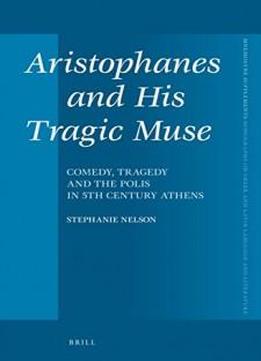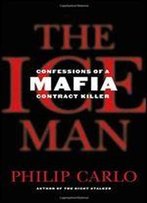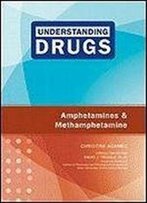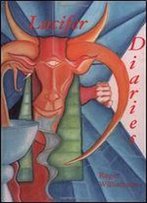
Aristophanes And His Tragic Muse: Comedy, Tragedy And The Polis In 5th Century Athens (mnemosyne, Supplements)
by Stephanie Nelson /
2016 / English / PDF
3.9 MB Download
Despite the many studies of Greek comedy and tragedy separately,
scholarship has generally neglected the relation of the two. And
yet the genres developed together, were performed together, and
influenced each other to the extent of becoming polar opposites. In
Despite the many studies of Greek comedy and tragedy separately,
scholarship has generally neglected the relation of the two. And
yet the genres developed together, were performed together, and
influenced each other to the extent of becoming polar opposites. InAristophanes and His Tragic Muse
Aristophanes and His Tragic Muse, Stephanie Nelson considers
this opposition through an analysis of how the genres developed, by
looking at the tragic and comic elements in satyr drama, and by
contrasting specific Aristophanes plays with tragedies on similar
themes, such as the individual, the polis, and the gods. The study
reveals that tragedy's focus on necessity and a quest for meaning
complements a neglected but critical element in Athenian comedy:
its interest in freedom, and the ambivalence of its incompatible
visions of reality.
, Stephanie Nelson considers
this opposition through an analysis of how the genres developed, by
looking at the tragic and comic elements in satyr drama, and by
contrasting specific Aristophanes plays with tragedies on similar
themes, such as the individual, the polis, and the gods. The study
reveals that tragedy's focus on necessity and a quest for meaning
complements a neglected but critical element in Athenian comedy:
its interest in freedom, and the ambivalence of its incompatible
visions of reality.











